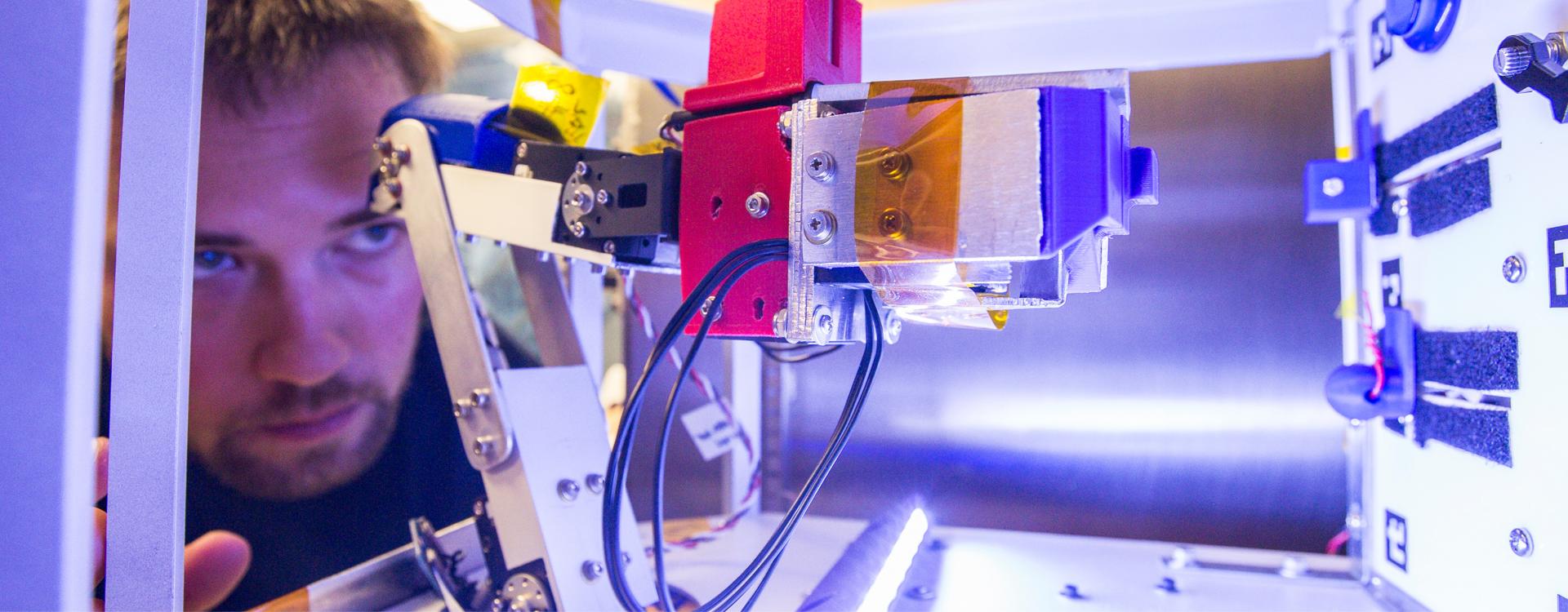Durham Tech, Duke make strides in training clinical research students about the importance of equity
 Ten Durham Tech Clinical Trials Research Associate students recently earned certificates from Duke University’s Engagement, Recruitment and Retention Certificate Program.
Ten Durham Tech Clinical Trials Research Associate students recently earned certificates from Duke University’s Engagement, Recruitment and Retention Certificate Program.
The program is usually open only to Duke research staff, but this year, 10 Durham Tech students were invited to participate. They received their certificates at Duke Clinical and Translational Science Institute’s “Improving Equity in Clinical Research” event, organized in collaboration with Durham Tech.
“Our program goals [are to] develop a cohort of engagement, recruitment and retention specialists who can advocate for the equitable and inclusive research engagement practices, bolster the skills and provide resources for meaningful and inclusive engagement, recruitment and retention of everyone in research,” said Jessica Cranfill, education and outreach manager for the Duke Office of Clinical Research. “Recruitment is the start of the informed consent process and a crucial part in ensuring participants are informed.”
Graduates described their experience participating in the program during a series of testimonial videos.
“The mentorship and the collaborative community [were] amazing and helped me out, and not only that but [it was] invaluable information to actually carry over into my clinical research career. I definitely, 100 percent recommend this program,” said Durham Tech student Victoria Lewis.
The Engagement, Recruitment, and Retention Certificate Program offers seven core courses and seven elective courses. While students in the program are only required to complete three of the seven electives, many choose to take all of them.
“We covered a diverse array of topics and one of my favorites was ‘Improving Readability in Participant Engagement Materials,’” said Durham Tech student Marie Irobiro. “I would highly recommend this program for future students, and anyone involved in clinical trials research.”
The event also featured a presentation from Durham Tech student Dominique Lamaute, who is participating in the 2024 Clinical Research Equity Scholars Program. Her presentation discussed health disparities in inflammatory breast cancer diagnoses and the role that implicit bias plays in perpetuating those disparities.
“One to five percent of breast cancers diagnosed are IBC. Sadly, by the time of diagnosis, about one-third of the patients with [IBC] have already metastasized and [are at] Stage 4. The NIH calls IBC a cancer health disparity because it disproportionately affects younger people under 40, [affects] African-Americans, and is often treatment resistant.”

